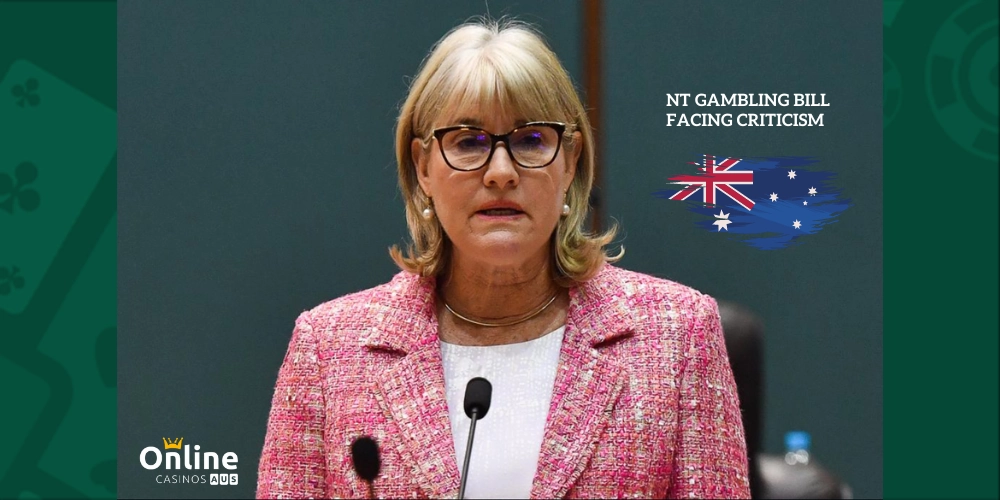Consultation Process Under Scrutiny
The NT government’s approach to drafting the bill involved seeking advice from all 28 online gambling companies licensed within its jurisdiction, including major international players like Bet365 and Sportsbet. However, this consultation did not extend beyond the territory’s borders to include external regulators, gambling researchers, academics, treatment centres, or financial counsellors, raising concerns about the comprehensiveness and impartiality of the feedback gathered.
Legislative Details & Adjustments
A significant aspect of the proposed legislation is the empowerment of the NT’s chief minister to direct the territory’s gambling regulator and its director regarding their duties and powers. Originally, the government considered setting the maximum fines for non-compliance at 10,000 penalty units, approximately $1.75 million. This cap was subsequently reduced by 75% to about $445,000, a decision that aligns the NT’s penalties with those in other jurisdictions but continues to spark debate over their adequacy in regulating such a lucrative industry.
Criticism from the Alliance for Gambling Reform
The Alliance for Gambling Reform has been outspoken in its criticism of the NT government’s consultation process, describing it as closed and indicative of the territory’s lack of capacity to manage the complexities of the Australian online casino sector. The alliance’s concerns also touch on the broader issue of establishing a national regulator, a recommendation from a federal parliamentary inquiry aimed at centralising the regulatory responsibilities currently held by the NT.
Government’s Stance & Justifications
In response to the criticisms, a spokesperson from the NT Department of Industry, Tourism and Trade highlighted that the legislation aims to bring the territory’s fines in line with those of other statutory bodies, following recommendations from the Department of the Attorney General and Justice. The government’s consultation, according to the spokesperson, included all licensed gambling entities, various tribunals and commissions, government agencies, legal representatives of the gambling industry, and a single local counselling service, Amity Services. The choice of such a narrow consultation pool, particularly the inclusion of only one harm reduction group, has been questioned, especially in light of the documented evidence of harm associated with online gambling.
Broader Implications & Future Prospects
The timing of the Racing and Wagering Act 2024 is noteworthy, coming as the Albanese government is expected to respond to the federal inquiry’s call for a new national regulator. This proposed body would assume the regulatory responsibilities currently held by the NT, potentially reshaping Australia’s approach to online gambling regulation. As the debate continues, the focus remains on balancing industry interests with the need for effective harm reduction and oversight.

